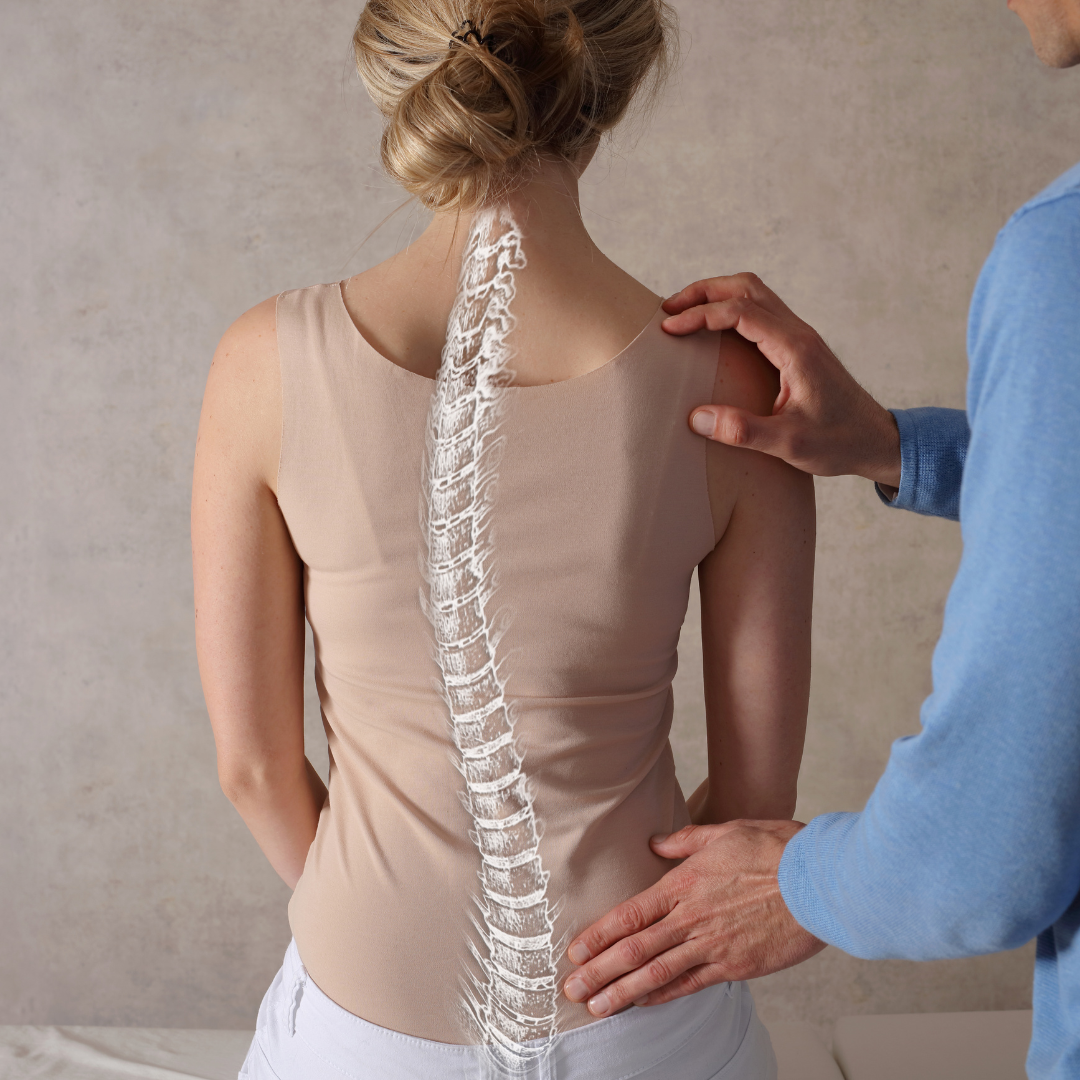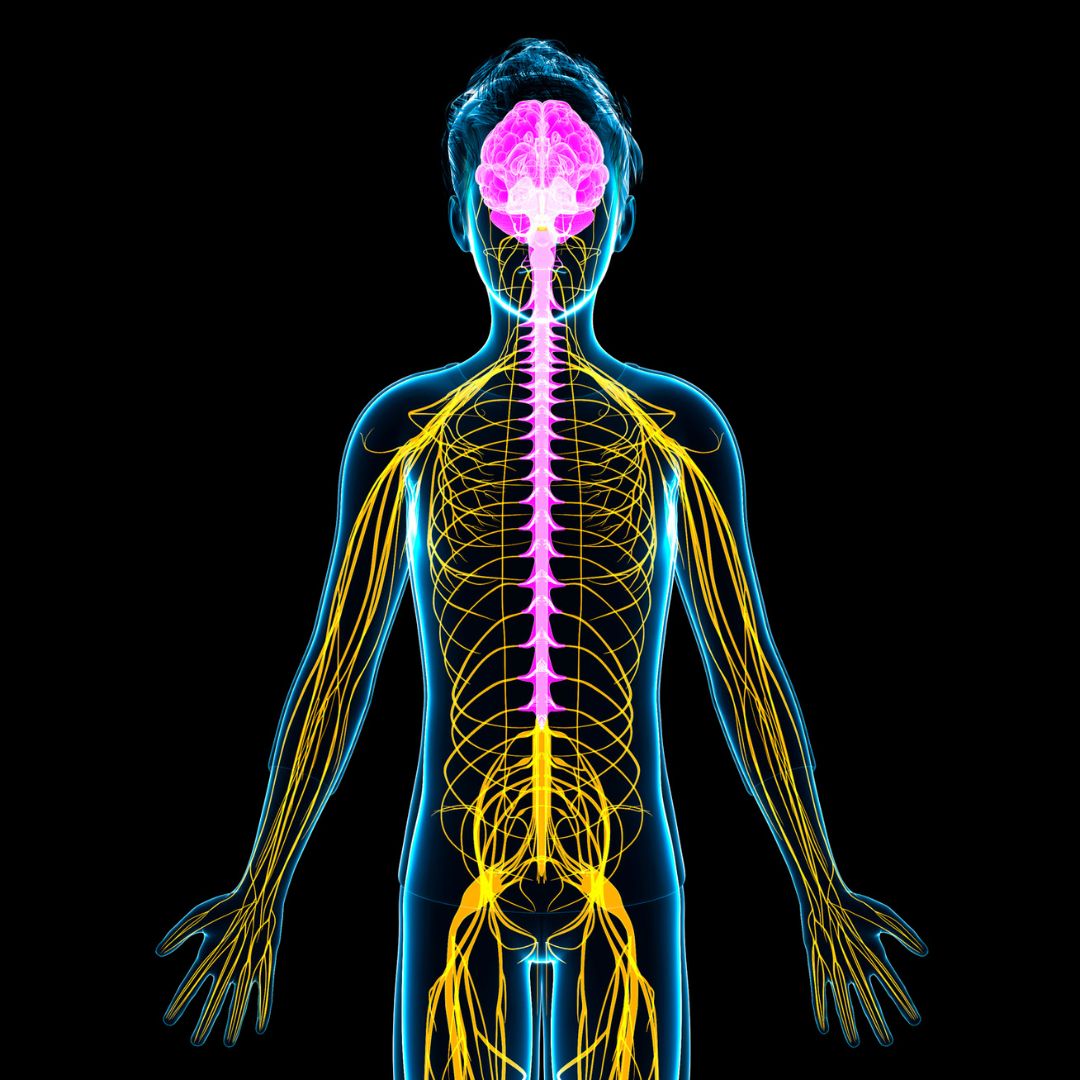Every day, our spine faces the relentless force of gravity. How we position ourselves against this force—our posture—can have profound implications on our spinal health. While many of us are aware of the aches and pains resulting from poor posture, its potential connection to conditions like scoliosis is less commonly discussed. This article aims to shed light on this relationship, offering a deeper understanding of the importance of posture concerning scoliosis.
Understanding Posture:
At its core, posture is our body’s response to gravity. It’s how we hold ourselves when we sit, stand, walk, or lie down. Good posture ensures that our body’s weight is evenly distributed, reducing undue stress on our muscles, ligaments, and joints.
It’s not just about standing tall; it’s about ensuring each part of our body is aligned and balanced, allowing for optimal functionality and reduced wear and tear.
How Poor Posture Can Exacerbate Scoliosis:
- Muscle Imbalance: Habitual poor posture, like slouching in front of a computer, can lead to certain muscles becoming weak while others overcompensate and become tight. This imbalance can distort the natural alignment of the spine, potentially intensifying a scoliotic curve.
- Spinal Stress: When we hunch or slouch, our spine endures additional stress, especially in the lumbar region. This not only strains the muscles but can also accentuate the curvature associated with scoliosis over time.
- Compensation: Our body is a connected system. When one part is misaligned, other parts often adjust to compensate. This domino effect can lead to a chain reaction of misalignments, further impacting a pre-existing scoliotic condition.
The Importance of Maintaining a Healthy Posture:
- Prevention: While posture alone doesn’t cause scoliosis, it can be a significant factor in its progression. By ensuring our spine remains in a neutral position, we can potentially prevent the exacerbation of spinal curvatures.
- Pain Management: Scoliosis often brings discomfort. Proper posture can mitigate some of this pain, ensuring that our body’s weight is evenly distributed and reducing pressure on sensitive areas.
- Improved Functionality: Beyond spinal health, good posture can enhance various bodily functions. It can increase lung capacity, facilitate better digestion, and even elevate mood. For scoliosis patients, these benefits can offer a much-needed boost in daily life.
Tips for Achieving and Maintaining Proper Posture:
- Awareness: Make it a habit to periodically check your posture. Simple reminders, like alarms or sticky notes, can prompt you to realign yourself, whether you’re at a desk or on the move.
- Ergonomic Workspaces: Invest in your health by ensuring your workspace is posture-friendly. Ergonomic chairs, adjustable desks, and computer screen risers can make a world of difference.
- Regular Exercise: Incorporate exercises that focus on strengthening the core and back muscles. Activities like Pilates, yoga, and specific weight-training regimens can fortify muscles essential for good posture.
- Seek Professional Guidance: Regular visits to a chiropractor can provide tailored advice, exercises, and treatments to enhance posture. They can offer insights into specific postural habits and how to address them.
Scoliosis is multifaceted, with various factors influencing its onset and progression. However, posture stands out as a modifiable factor that can significantly impact spinal health. By understanding and prioritizing good posture, individuals can not only manage their scoliosis more effectively but also enhance their overall well-being.








Leave A Comment